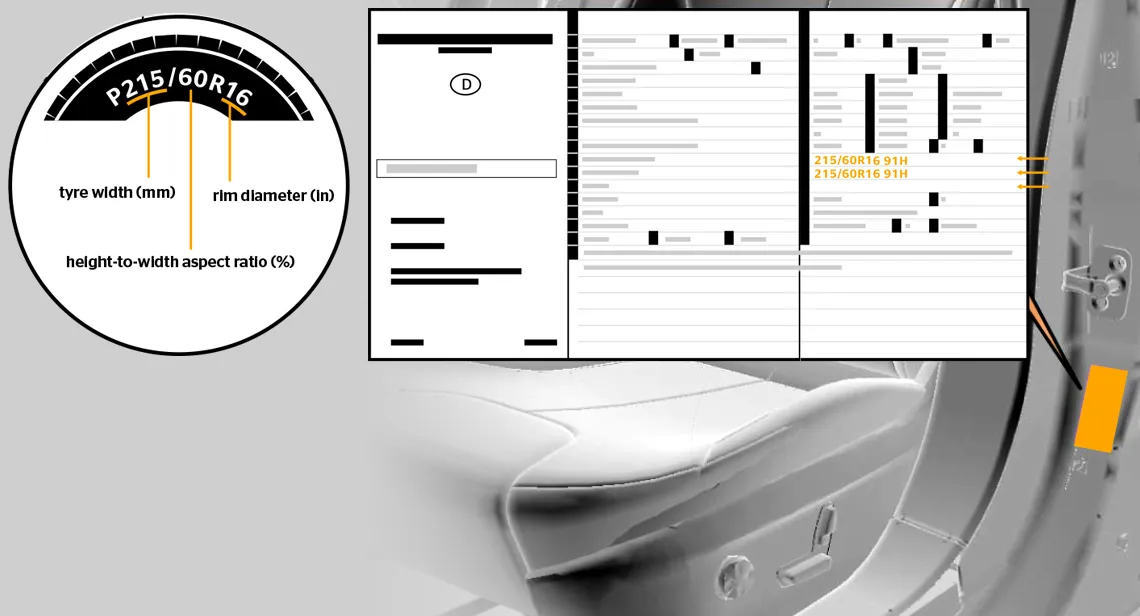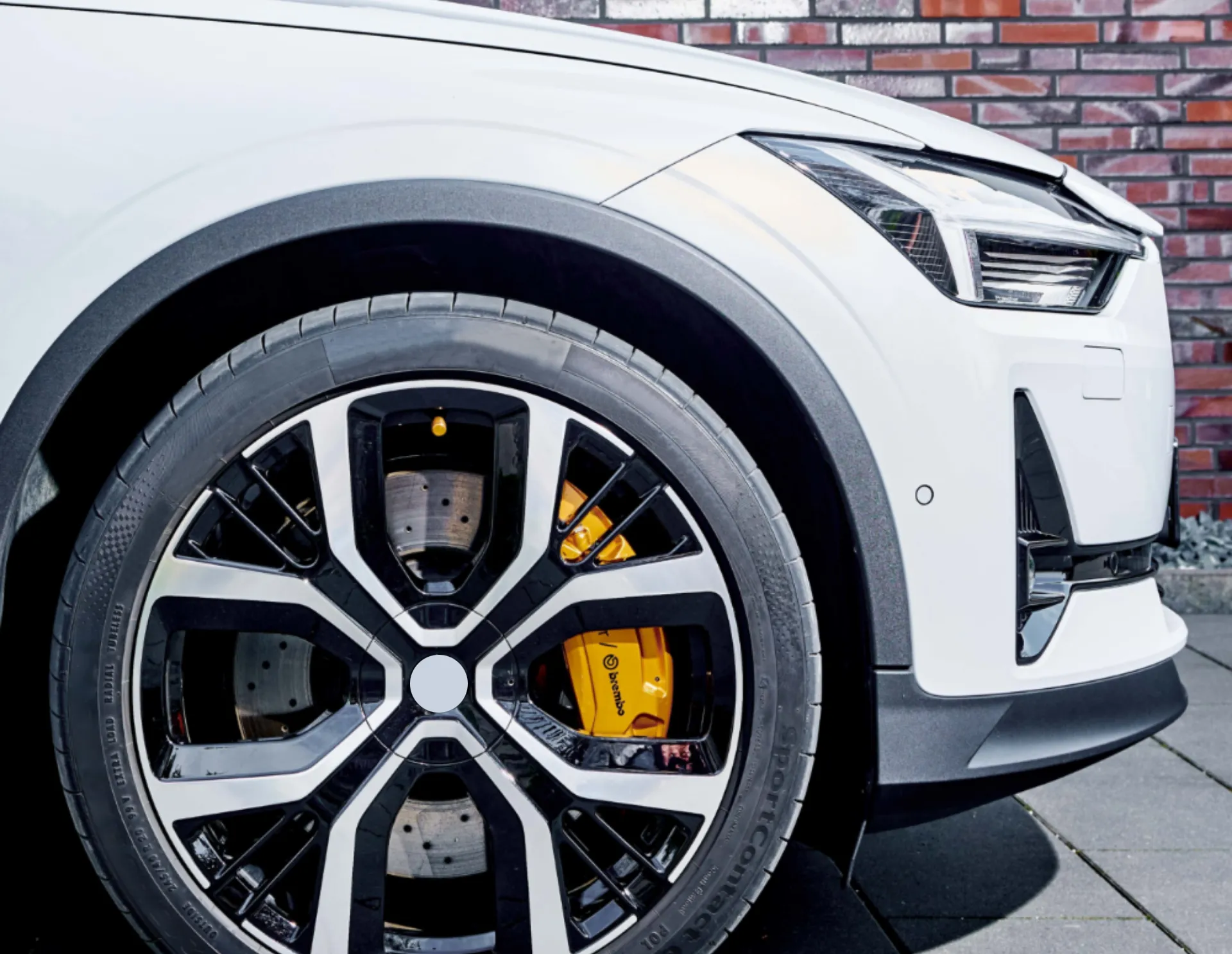As the global automotive industry continues its shift toward sustainability, Continental Tires has positioned itself at the forefront of best tire innovation. With a commitment to reducing its environmental footprint, Continental is actively pursuing the latest technologies and materials that promise to revolutionize the tire industry. The company’s focus on sustainability is evident in several key innovations, ranging from the use of renewable and recycled materials to advanced manufacturing processes. In this article, we delve into the most significant developments at Continental Tires that are shaping the future of sustainable mobility.
Sustainable Materials: Redefining Tire Composition
One of the cornerstones of Continental’s sustainability strategy is the use of renewable and recycled materials in tire production. Recognizing the environmental impact of traditional tire materials, Continental has committed to a future where tires are not only high-performing but also eco-friendly.
Continental has already incorporated several innovative materials into its tires. For instance, the company is utilizing silica derived from rice husk ash, a byproduct of rice production that would otherwise be discarded. This alternative source of silica reduces reliance on traditional mining processes, which are often energy-intensive and environmentally damaging.
Another key material innovation is the use of carbon black sourced from end-of-life tires. Carbon black is a crucial component in tire manufacturing, providing reinforcement and durability. By reclaiming carbon black from old tires, Continental not only reduces waste but also minimizes the need for virgin materials.
Polyester from recycled PET (polyethylene terephthalate) is another significant advancement. PET, commonly used in plastic bottles, is processed into polyester yarn, which is then used in tire construction. This approach not only diverts plastic waste from landfills but also contributes to a circular economy.
Looking ahead, Continental has set ambitious goals for increasing the use of sustainable materials. By 2030, the company aims to incorporate over 40% renewable and recycled materials into its tires, with a long-term objective of achieving 100% sustainable materials by 2050.
.png)
ContiRe.Tex Technology: Turning Plastic Waste into High-Performance Tires
In line with its sustainability goals, Continental has developed ContiRe.Tex technology, a groundbreaking method for producing high-quality polyester yarn from recycled PET bottles. This innovation highlights Continental’s commitment to addressing the global plastic waste crisis while enhancing tire performance.
The ContiRe.Tex process involves collecting used PET bottles, cleaning and shredding them into flakes, and then processing these flakes into polyester yarn. This yarn is then integrated into the tire’s structure, replacing traditional polyester and reducing the need for virgin materials.
Depending on the size of the tire, between nine and fifteen PET bottles can be reused per tire, significantly reducing plastic waste. Moreover, tires produced with ContiRe.Tex technology do not compromise on quality or performance. They meet the same high standards as tires made from conventional materials, ensuring that consumers receive a product that is both sustainable and reliable.
Material Science and Design: Enhancing Performance and Sustainability
Continental’s commitment to innovation extends beyond the use of sustainable materials. The company is also investing in advanced material science and design to improve tire performance while reducing environmental impact.
One of the key areas of focus is the development of silica-reinforced compounds. These compounds enhance tire traction, particularly in wet conditions, while also contributing to a longer tire lifespan. By improving durability, Continental’s tires require less frequent replacement, reducing the overall consumption of raw materials and energy.
Specialized polymers are another critical component of Continental’s tire innovations. These polymers are designed to reduce rolling resistance, which directly impacts a vehicle’s fuel efficiency. By lowering rolling resistance, Continental’s tires help to reduce fuel consumption and CO2 emissions, aligning with global efforts to combat climate change.
Extreme Heat-Resistant Tires: Tackling Qatar’s Harsh Climate
Qatar’s climate, characterized by scorching temperatures, presents unique challenges for tire performance. To address this, Continental has developed extreme heat-resistant tires specifically designed to withstand the blistering Qatari sun. These tires use advanced rubber compounds and reinforced sidewalls to maintain optimal performance even under extreme heat conditions. This innovation ensures that drivers in Qatar can rely on their tires for safety and durability, no matter how high the temperature rises.
Low Rolling Resistance Tires: Maximizing Fuel Efficiency
In a country like Qatar, where long distances are common, fuel efficiency is a critical concern. Continental’s low rolling resistance tires are designed to minimize energy loss due to friction, allowing vehicles to travel farther on the same amount of fuel. These tires contribute to both environmental conservation and cost savings, making them an ideal choice for drivers looking to reduce their carbon footprint and fuel expenses.
Sand and Off-Road Performance: Conquering Qatar’s Desert Terrain
Qatar’s desert terrain demands tires that can handle sand, gravel, and rocky surfaces. Continental’s off-road tires are engineered to provide excellent traction and durability, making them perfect for adventurous drivers exploring Qatar’s dunes or venturing off the beaten path.
These tires ensure that drivers can navigate challenging terrains with confidence, whether they are on a desert safari or navigating rough landscapes.
.png)
Electric Vehicle (EV) Solutions: Supporting Qatar’s Sustainable Mobility Goals
As Qatar embraces electric mobility, Continental’s EV-specific tires play a crucial role in supporting this transition. These tires are engineered to support the weight of electric vehicles while maintaining efficiency. With Qatar’s commitment to sustainable transportation, Continental’s EV tires align perfectly with the nation’s goals, offering a solution that balances performance, efficiency, and environmental responsibility.
Vision 2030 Strategic Program: A Roadmap for Sustainable Manufacturing
Continental’s Vision 2030 strategic program outlines the company’s roadmap for achieving efficient and environmentally compatible production. This comprehensive plan includes a series of innovations aimed at modernizing the manufacturing process and reducing its environmental footprint.
One of the key initiatives under Vision 2030 is the implementation of fully automated tire warehouses. These warehouses are designed to optimize storage and distribution, reducing energy consumption and minimizing the environmental impact of tire logistics. Automation also ensures greater precision and efficiency in the handling of tires, further enhancing the sustainability of Continental’s operations.
Another critical component of Vision 2030 is the development of a global digital manufacturing system. This system leverages digital technologies to streamline production processes, reduce waste, and improve resource efficiency. By embracing digitalization, Continental aims to create a more agile and sustainable manufacturing environment, capable of adapting to changing market demands and environmental challenges.
Conclusion: Driving the Future of Sustainable Mobility
Continental Tires is leading the charge in tire innovation, with a clear focus on sustainability and environmental responsibility. Through the use of sustainable materials, innovative recycling technologies like ContiRe.Tex, and advancements in material science and design, Continental is redefining what it means to produce eco-friendly tires. The company’s Vision 2030 strategic program further underscores its commitment to sustainable manufacturing practices, setting a high standard for the industry.
With innovations like extreme heat-resistant tires for Qatar’s harsh climate, low rolling resistance tires for maximizing fuel efficiency, and off-road tires for conquering desert terrains, Continental continues to adapt its products to meet the specific needs of drivers worldwide. As the world continues to grapple with the challenges of climate change and resource depletion, Continental’s tire innovations offer a glimpse into a more sustainable future for the automotive industry. By combining cutting-edge technology with a deep commitment to environmental stewardship, Continental Tires is not only meeting the demands of today’s consumers but also paving the way for a greener tomorrow.







